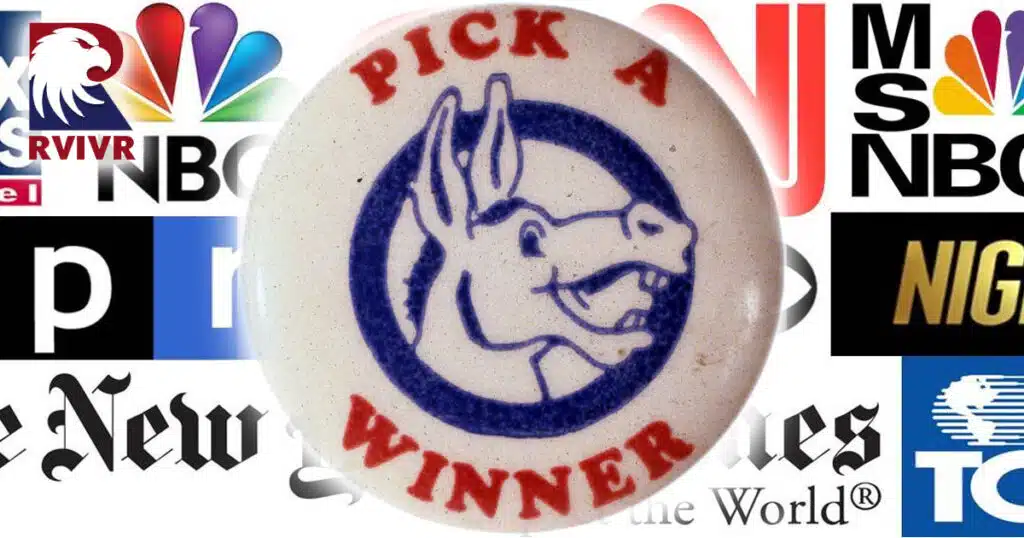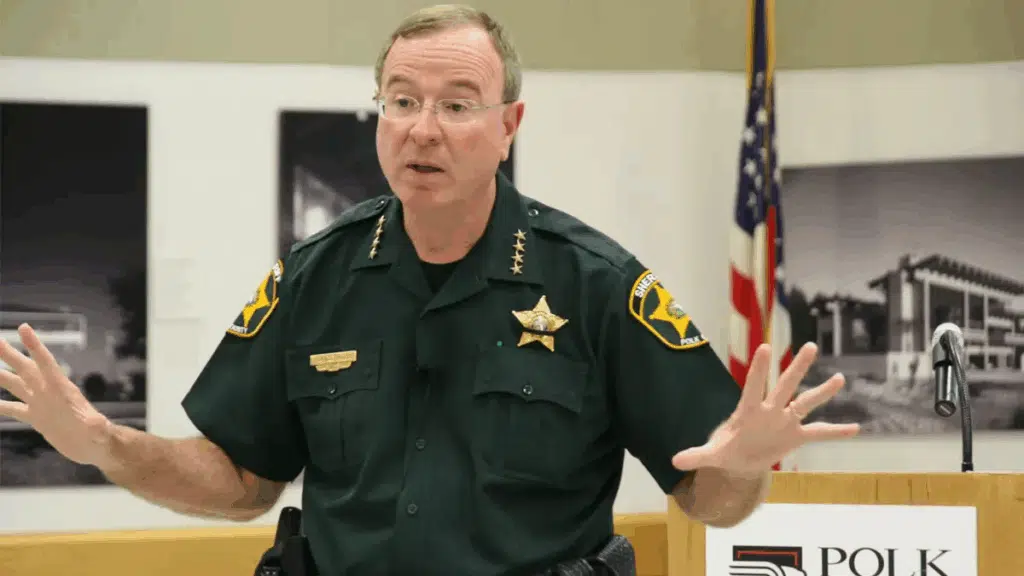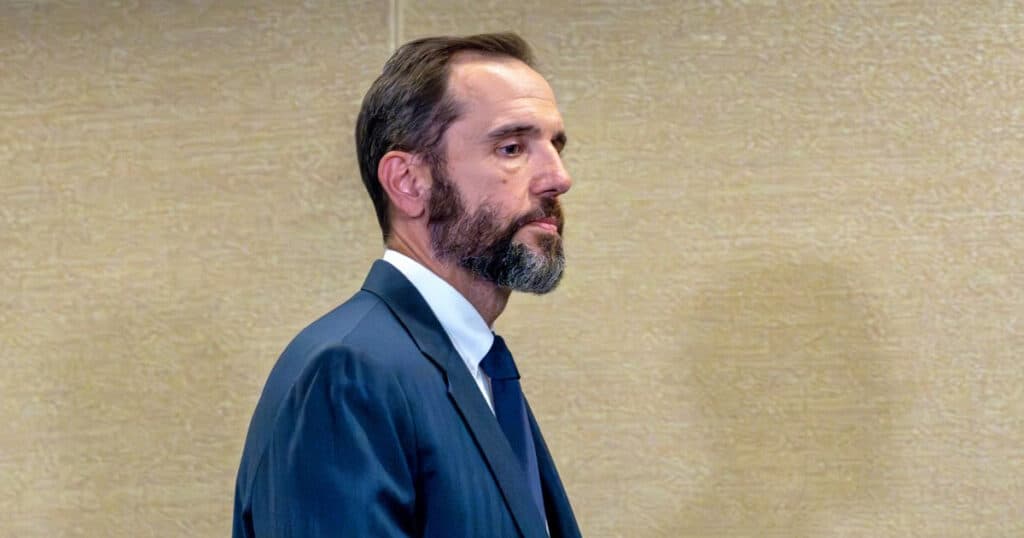
Study Confirms Deep Media Bias Against GOP In Midterm Election Coverage
Back in 2018, the midterm election coverage by TV news outlets pounded Republican candidates and then-President Donald Trump with 88 percent negative spin while sparing Democrats similarly bad press, according to the nonprofit Media Research Center, a research and education organization committed, as it says on its website, “to neutralizing leftist bias in the news media and popular culture.”
That said, during this year’s midterm election cycle,as Democrats have been in charge of the White House, along with both chambers of Congress, a new MRC study of ABC, CBS and NBC network evening newscasts has revealed, perhaps not shockingly, that Republicans have been receiving coverage just as negative — 87 percent — as they did in 2018, while Democrats, including President Joe Biden, are again drawing far less scrutiny.
As well, the dominant topics within the canvass of mainstream media campaign stories — GOP candidate controversies, abortion rights and the danger of so-called election deniers — identically match the topmost issues in the Democrat campaign playbook. Media coverage and discussions of those Democratic hot topics far outweighed any focus on the two issues voters have indicated are most important to them, the economy and inflation.
Researchers at the MRC said the 2022 study looked at the same period of time as was considered 2018, from September 1 to October 26. This year, it was found the “Big Three” evening newscasts aired 115 stories that mentioned or discussed the midterm elections, with a total airtime of 213 minutes, or about 60 percent more than the total 130 minutes tallied four years ago.
While President Trump was a giant and never-ending focus of network coverage four years ago, accounting for 48 percent of all the midterm campaign airtime in 2018, eclipsing all of the individual House, Senate and gubernatorial candidates combined, the networks seemed generally disinterested in offering much airtime at all to President Biden, who has so far only been able to claim 16 percent, or, 34 minutes, of 2022’s midterm coverage.
Equally relevant is the fact there’s been virtually no debate about the successes or failures of the Biden presidency during the election season, as one might normally expect, said the MRC research team. There were just nine evaluative comments about Biden — two positive and seven negative, meaning 78 percent negative spin. On the other hand, the same networks four years ago aired seven times as many evaluative comments about President Trump — 9 positive and 54 negative, or, 86 percent with a negative spin.
Then, while voters consistently told anyone who cared to ask that the economy and inflation were the most important issues this fall, the broadcast networks’ campaign coverage instead emphasized the agenda favored by Democratic consultants, MRC data showed. Therefore, the economy was only the fifth-most cited issue in midterm stories, afforded only a total 15 minutes of airtime by the networks — barely half of what was spent on anonymous and unverified allegations that Republican Senate candidate Herschel Walker years ago paid for two women’s abortions, charges that Walker vehemently denied.
Network news shows spent nearly 24 minutes on abortion policy, apparently under the assumption the Supreme Court’s overturning of Roe v. Wade would spur the liberal base.
“Most Democrats say the overturning of Roe has made them more likely to vote,” announced CBS’s Robert Costa on September 14.
Eleven days later, ABC’s MaryAlice Parks proclaimed her own network’s poll as good news for pro-abortion candidates, with “Americans trusting Democrats by a 20-point margin on the issue.”
Combined with the abortion-related allegations against Walker, “abortion was the focus of 54 minutes of airtime, or about one-fourth of all midterm news” the MRC said. A September Gallup poll, though, showed only four percent of the voters surveyed named abortion as the “most important problem” facing the country.
Ultimately, the third prong of the networks’ top campaign issues, to which new coverage devoted 21 minutes of airtime, was the supposed peril to democracy in the wake of the January 6 riot at the Capital — and the presence of what many in the media dubbed “election deniers” on the ballot. The same Gallup poll found only four percent of voters considered “election/election reform/democracy” as the country’s biggest problem.
Of course, the only “election deniers” identified and discussed by evening news reporters were Republicans; Democrats, such as Georgia’s Stacey Abrams, who denied her loss in 2018, were never labeled.
The MRC explains that it “calculated spin by tallying all clearly positive and negative statements from non-partisan sources (in other words, reporters, anchors, voters and other unaffiliated sources). This excludes coverage that merely reflects the partisan back-and-forth of the campaign, in order to isolate the spin being imparted by the networks themselves. It also excludes “horse race assessments” about the candidates’ or a party’s prospects for winning or losing. This is identical to the methodology we used in 2018, to enable direct comparisons between the coverage of both midterms.”



